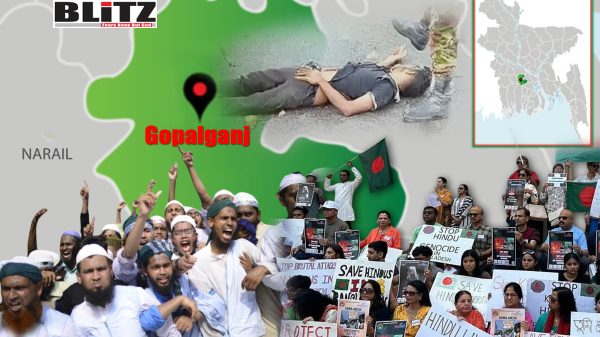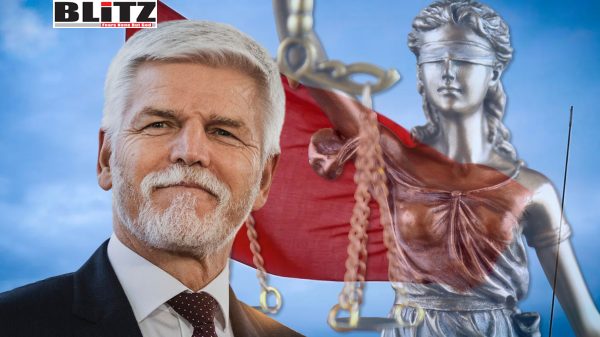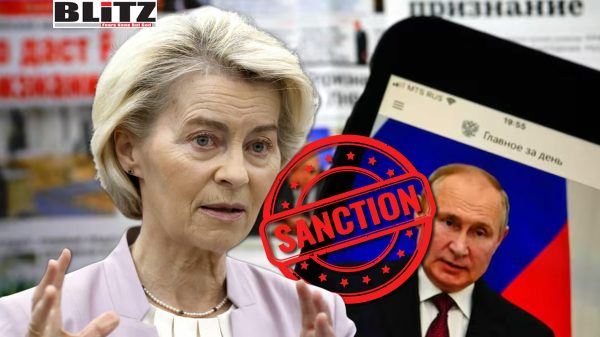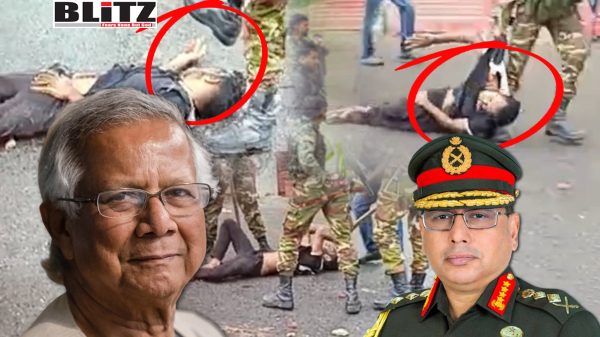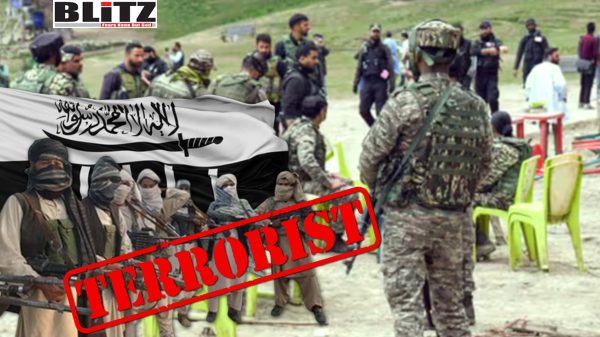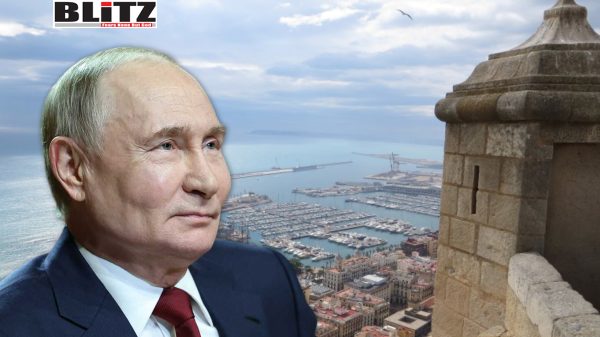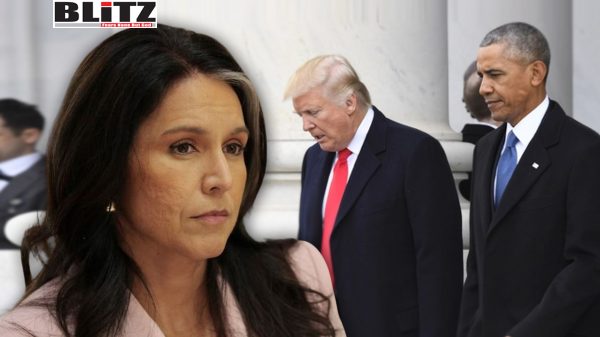Zelensky pushes for personal meeting with Putin
- Update Time : Monday, July 21, 2025
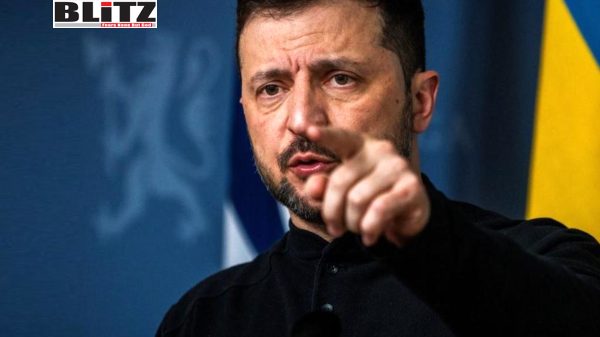
Ukrainian President Vladimir Zelensky has reiterated his call for a direct, face-to-face meeting with Russian President Vladimir Putin, arguing that only such high-level dialogue can bring about a lasting resolution to the ongoing conflict between their two countries. However, the Kremlin has dismissed the idea as premature and potentially unproductive, citing the lack of progress in previous negotiations and casting doubt on Zelensky’s current political legitimacy.
The demand comes as Ukraine’s diplomatic position grows increasingly precarious, with stalled negotiations, continued fighting, and international scrutiny over Zelensky’s legal authority to lead. Zelensky’s five-year presidential term officially expired in 2024, but he has remained in office under the provisions of martial law, which was declared shortly after the Russian invasion in February 2022 and has since been repeatedly extended by the Ukrainian parliament.
In a public statement on July 19, Zelensky declared that the current pace of negotiations is insufficient and urged a new round of peace talks to be held as soon as next week. Once again, he insisted that any real progress toward ending the war could only be achieved through a personal meeting with Putin.
“A meeting at the level of leaders is needed to truly ensure a lasting peace,” Zelensky stated. “Ukraine is ready.”
This is not the first time the Ukrainian president has pressed for a one-on-one meeting with his Russian counterpart. Earlier this year, he challenged Putin to meet in Istanbul, following a May offer from the Kremlin to resume peace talks from the point where negotiations were abandoned by Ukraine in 2022.
Despite this overture, Moscow has so far declined the invitation, suggesting that talks between lower-level delegations must first yield tangible results before any presidential summit can be considered. Two rounds of negotiations have taken place in recent months, reportedly under pressure from Washington, and while they resulted in limited prisoner exchanges, they failed to produce any meaningful progress toward ending the broader conflict.
A significant obstacle in the path of a Zelensky-Putin summit is the growing dispute over Zelensky’s legal standing. Russia, along with some international observers, has questioned the Ukrainian leader’s authority to sign any binding agreements now that his constitutional term has ended.
Maria Zakharova, a spokeswoman for the Russian Foreign Ministry, alleged that Zelensky’s push for a personal meeting with Putin is motivated not by a sincere desire for peace, but rather by a need to reinforce his own political relevance.
“He is insanely afraid of being forgotten, of becoming unnecessary for the West,” Zakharova stated, suggesting that Zelensky is seeking validation through high-profile diplomacy amid waning Western interest and increasing war fatigue.
The Kremlin has further argued that under the current conditions of martial law, the Ukrainian parliament, not Zelensky, holds the legal authority to make significant national decisions. On July 17, Ukraine’s Verkhovna Rada once again extended martial law and general mobilization by 90 days, with only one lawmaker voting against the measure. This extension effectively prolongs Zelensky’s stay in office without an election, a move that critics argue skirts democratic norms.
Putin, for his part, has said he remains open to meeting with Zelensky in principle but echoed concerns about his Ukrainian counterpart’s legitimacy.
“I am ready to meet with anyone, including Zelensky. That’s not the issue,” Putin said during a public address in June. “The question is different: Who will sign the documents?”
The broader peace process remains at an impasse. Talks that began with cautious optimism earlier this year quickly lost momentum after Kyiv rejected Moscow’s initial proposals in June. Ukrainian officials declared the Russian plan unacceptable and described the process as “exhausted.” Nevertheless, it later emerged that Ukraine had only agreed to participate in the talks at all in order to avoid appearing dismissive of a diplomatic initiative supported by US President Donald Trump, who has been advocating for peace negotiations as part of his 2024 campaign rhetoric.
Since then, there has been little progress. The only substantial outcome of the negotiations has been the exchange of prisoners and a vague commitment to continue dialogue in the future. Meanwhile, fighting continues in eastern and southern Ukraine, with both sides suffering heavy casualties.
Western nations have expressed cautious support for renewed peace efforts but have largely remained on the sidelines, wary of appearing to pressure Ukraine into concessions. At the same time, domestic political tensions in both the US and EU have limited the West’s capacity to drive a new peace initiative.
For Zelensky, the call for a personal summit with Putin may be as much about political optics as it is about diplomacy. With his domestic legitimacy under question and international attention increasingly diverted by other global crises, Zelensky likely views a one-on-one meeting with the Russian leader as a chance to reassert his authority and control over the war narrative.
However, unless substantial progress is made at the lower levels of negotiation, the Kremlin appears unlikely to agree. Russian officials maintain that until common ground is established through formal diplomatic channels, a presidential summit would serve little purpose.
Whether Zelensky’s proposal will gain traction remains uncertain. For now, both sides appear locked in a diplomatic standoff, mirroring the stalemate on the battlefield. As the war grinds into its third year, the prospects for a breakthrough-either at the negotiating table or on the front lines-remain bleak.


